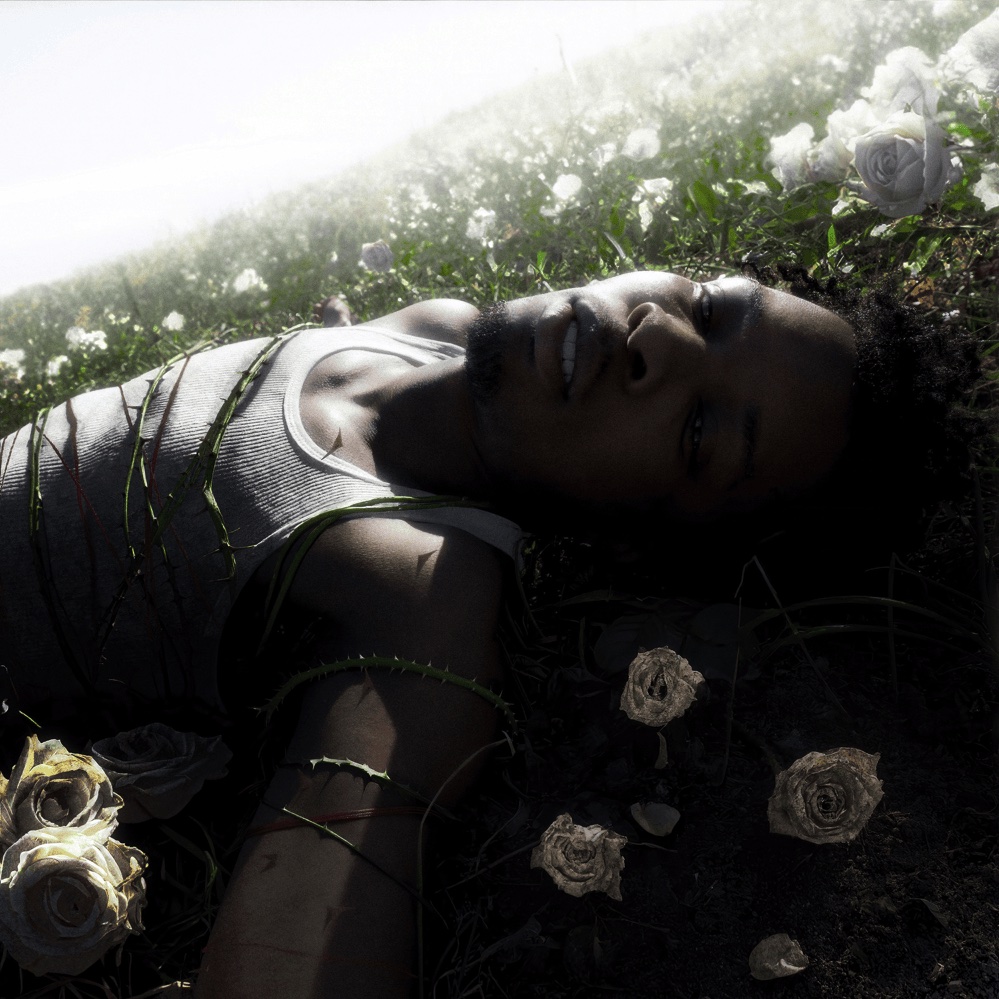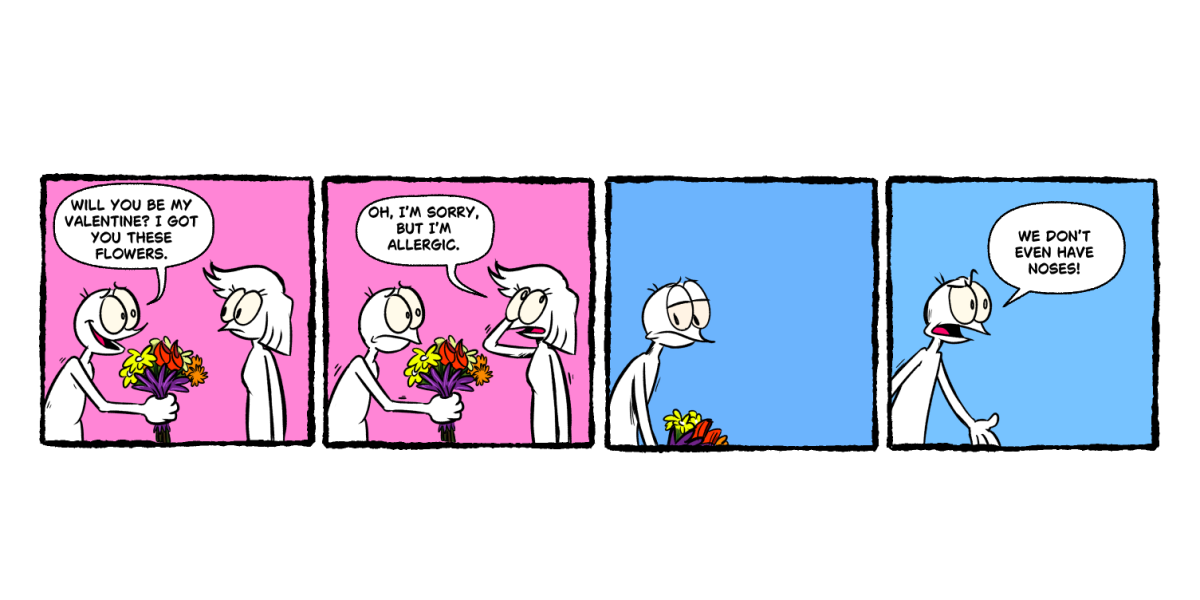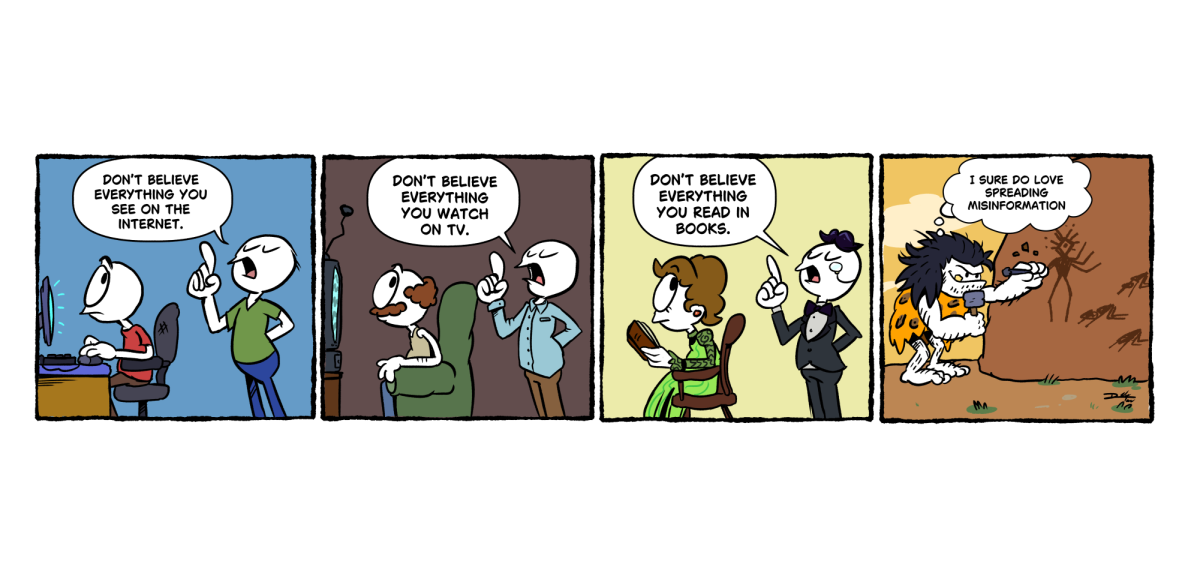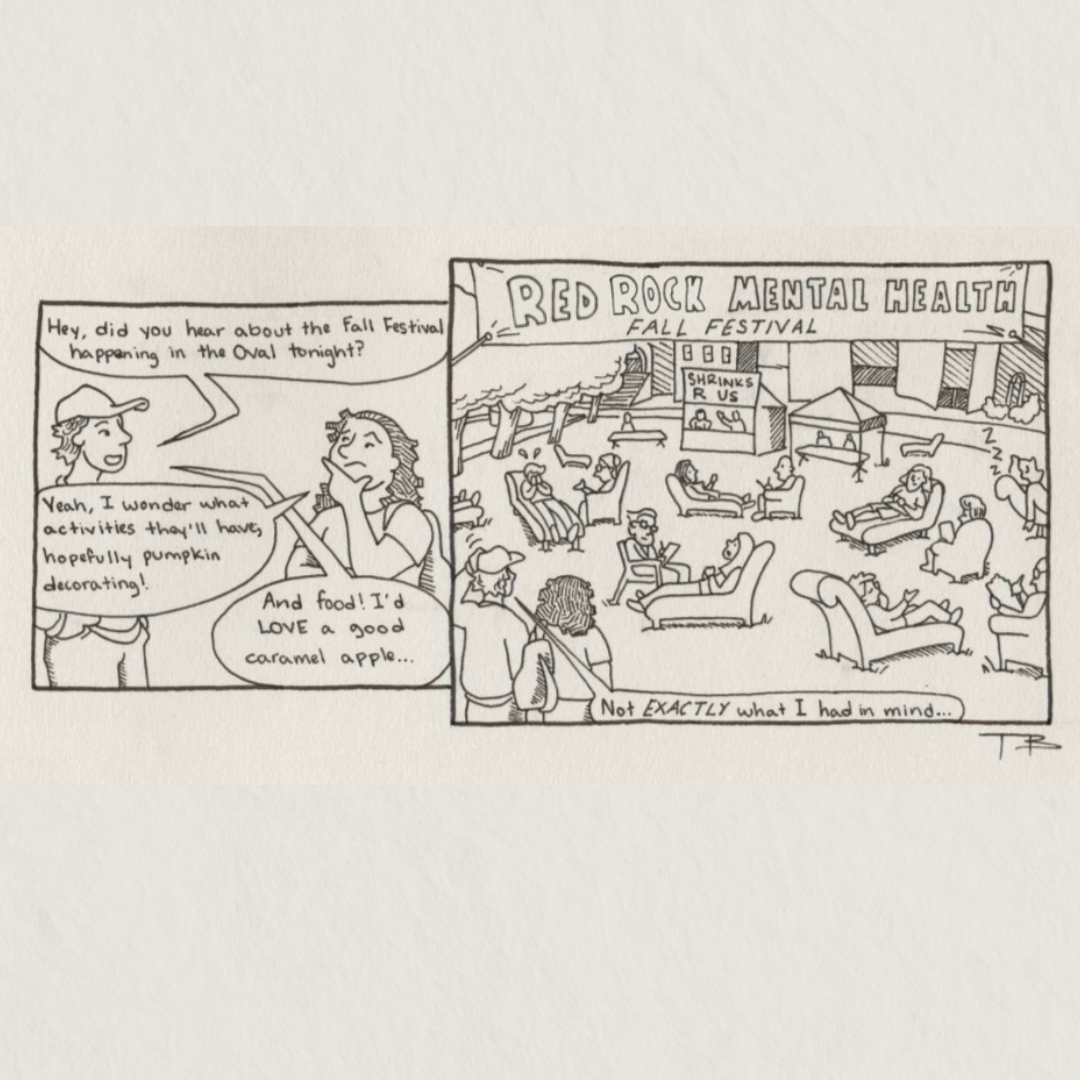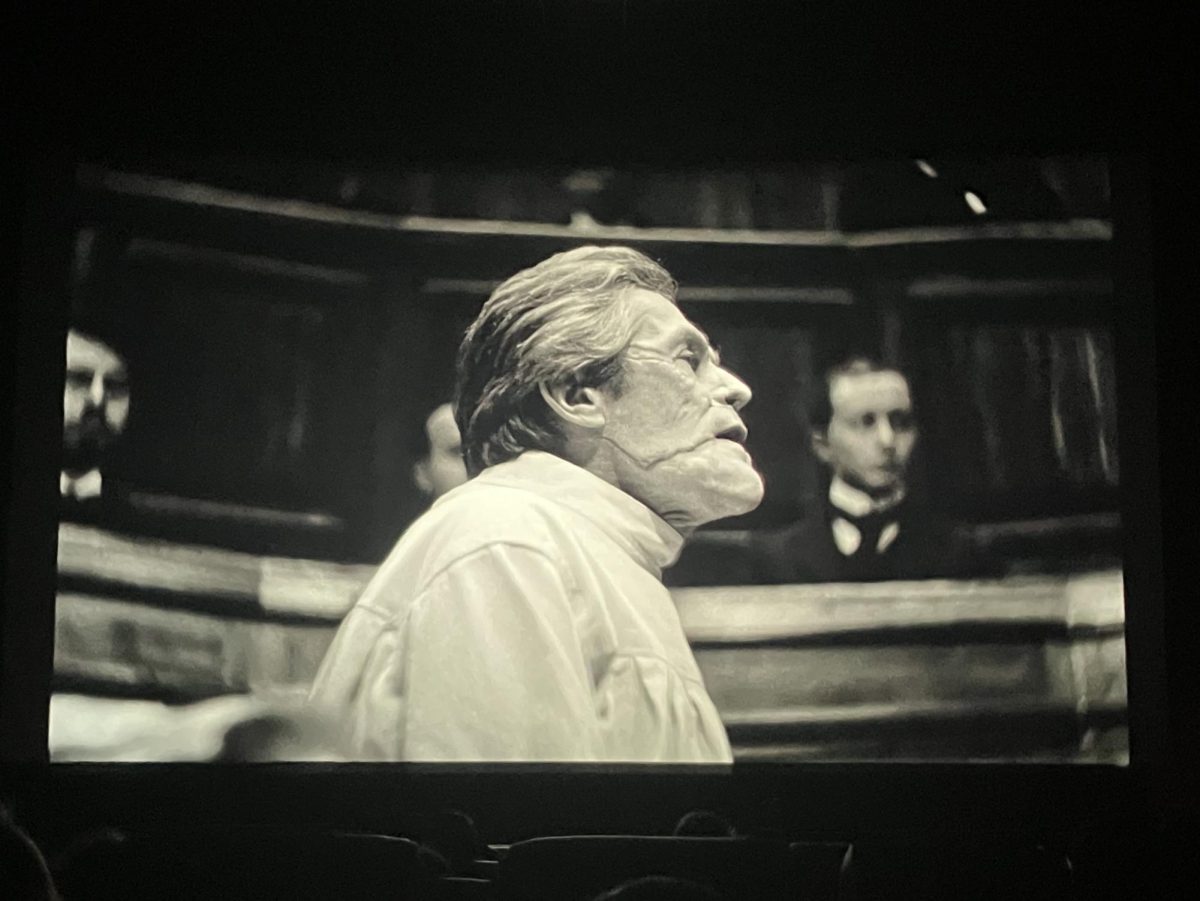Welcome to the previously unknown, unexplored world of “Poor Things” which, rather than seeming parallel to our own, creates a singular and audaciously innovative universe in which nothing has the gall to be ordinary. This fantastical world, rife with beauty and noise and flavor and a soul-enlivening zest for story that has become a refined rarity in the modern movie landscape, is everything I hoped it would be and more.
As an audience, we, through this film, see a fresh world through even fresher eyes, and the manner in which our protagonist, Bella, explores her surroundings encourages us to open our minds and hearts to the unconventional, to the raw experience of a childlike wonderment.
Brought to us from the toiling and tremendous mind of venerated director Yorgos Lanthimos, “Poor Things” is a cinematic victory of astronomical proportions. As indescribable as the nature of the film is, I would be remiss not to make a pass at explaining just how wondrous, touching, enthralling, and enlightening this movie proves to be.
Emma Stone is a marvel, delivering a career best performance that will assuredly land her a minimum of a best actress nomination at the Oscars this year. The supporting cast sparkles as well, rising to meet the impeccable standard set by Stone. If everyone, and I do mean everyone involved in this film takes home the prize during award season, justice will have been rightly done. This is among the most perfectly casted films of recent memory, and I commend the creative team that brought this compelling, original story to our theater’s screens.
The costumes were a visual feast, both unique and reflective of character personalities, but even their excellence pales in comparison to the setting. The scenery of this movie is astounding. The set design alone is worth the price of admission, and the story packs the perfect narrative punch to back up the beauty of Bella’s environment.
This film is, at its core, a deconstruction of the “born sexy yesterday” trope that has permeated cinema since the dawn of time. For those blissfully unfamiliar, the trope refers to the supposed narrative necessity of a woman to be both hopelessly naive and desperately beautiful in order to fulfill her role in the story. The protagonist of “Poor Things,” Bella Baxter, is conveniently both but conventionally neither. Her character violently uproots the comfortability of the familiar trope. She isn’t just some pretty little thing for men to leer at, too lacking of intellect to be anything more than a sexual object. Bella is indeed rather sexual, but in such a bizarre fashion that the strings holding the sexy illusion of the “born sexy yesterday” trope together come fraying apart, and in the midst of this uncomfortability lies the crux of the film: humanity and creation are two messy, messy businesses.
“Poor Things” is, above all else, odd. It is a relentlessly weird and often off putting offering into the western canon, but that is its primary strength. Unlike other films of this overtly artistic ilk, “Poor Things” doesn’t shy away from what it is. It holds an unforgiving magnifying glass up to the world, but the reflected image is something so peculiarly stunning that you just can’t look away. Though modestly lengthy, I didn’t check my phone once during my screening of the movie. It is, simply put, the most potently evocative work of cinema of the last decade. It speaks to our origins, our agency, our ethical responsibilities and moral panic around creation and the nature of life itself. To borrow a phrase from Bella, this film is “all sweetness and violence,” and frankly, I can’t think of a better endorsement.
Gabi Merchen is a fourth-year communication major at the University of Science and Arts of Oklahoma.

















































